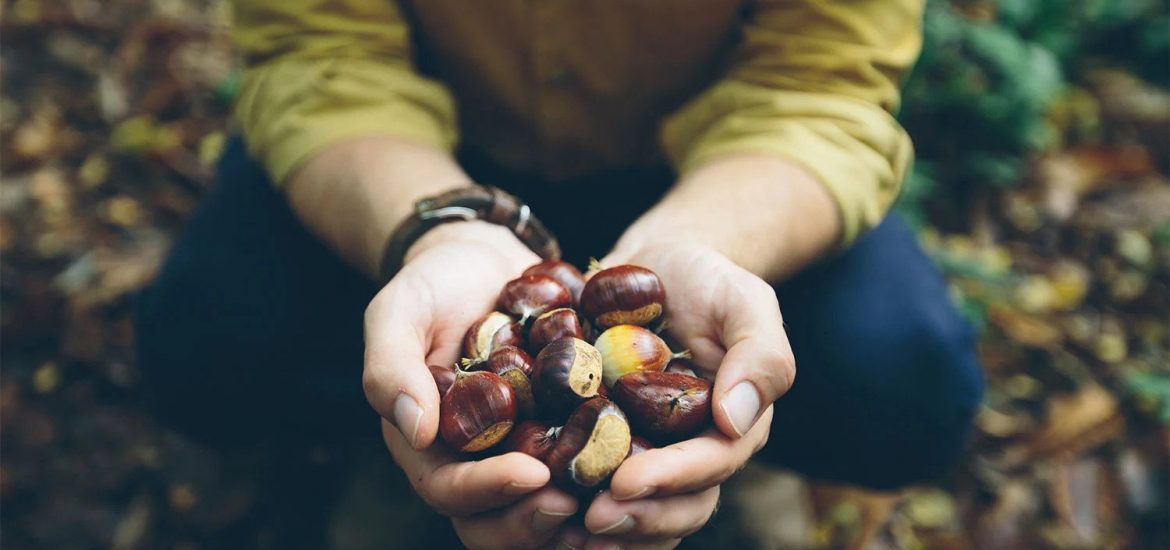We’d be better off as foragers.
It’s one of the central arguments that Yuval Noah Harari presents in Sapiens.
It’s also a claim that resonates with the early Buddhist tradition of wandering, homeless monastics.
To Harari, living a sedentary lifestyle isn’t about sitting in front of a computer or television screen all day. Though that has its obvious dangers as well.
No, he looks at a much larger scale—both in terms of historical time and the development of complex systems that aim to perpetuate a certain agricultural way of life.
The celebration of agrarian culture in American history is a celebration of the enslavement of humans and animals.
It’s a complex saṃsāric web with a certain level of assumed naturalness to it in comparison to the hyper-developed, urban city centers of the modern epoch.
Yet, as we know, many supposedly natural parts of the agricultural production are harmful to both producers and consumers.
Instead of synthetic pesticides for farming, we adopt the usage of organic pesticides that are natural and less harmful for us. But are we harmed significantly less in process? They may be considered less toxic, but they are certainly not harmless.
We also remain entrapped by the sedentary feeding and psychological damage caused by the inflicted suffering on other beings for the survival of our being.
Adopting a vegan or vegetarian lifestyle doesn’t totally spare us from this suffering.
This sense of entrapment can come from the recognition that even the consumption of plants involves the death and suffering of insects.
It can also come from the awareness of the human labor involved in harvesting the food that we need to survive. Though slavery is much less prevalent on earth now, there are still countless beings who are living off slave-like wages across the world.
This is a challenging reality.
Confronting this truth can allow us to wean off the idea that naturalness equates to purity or peace.
The Buddha’s admonition is to not worship at the altar of naturalness.
His path of practice is much more inspiring than the ideal life envisioned in the agrarian past.
It’s not a linear one that’s built on the weight of history that is pushing us forward to a seemingly better future—one which contains within it, the seeds of previous harvests.
No, instead, it’s a path that allows us to set the fields aflame and discard our burdensome farming tools forever.
Related blog posts from BDG


